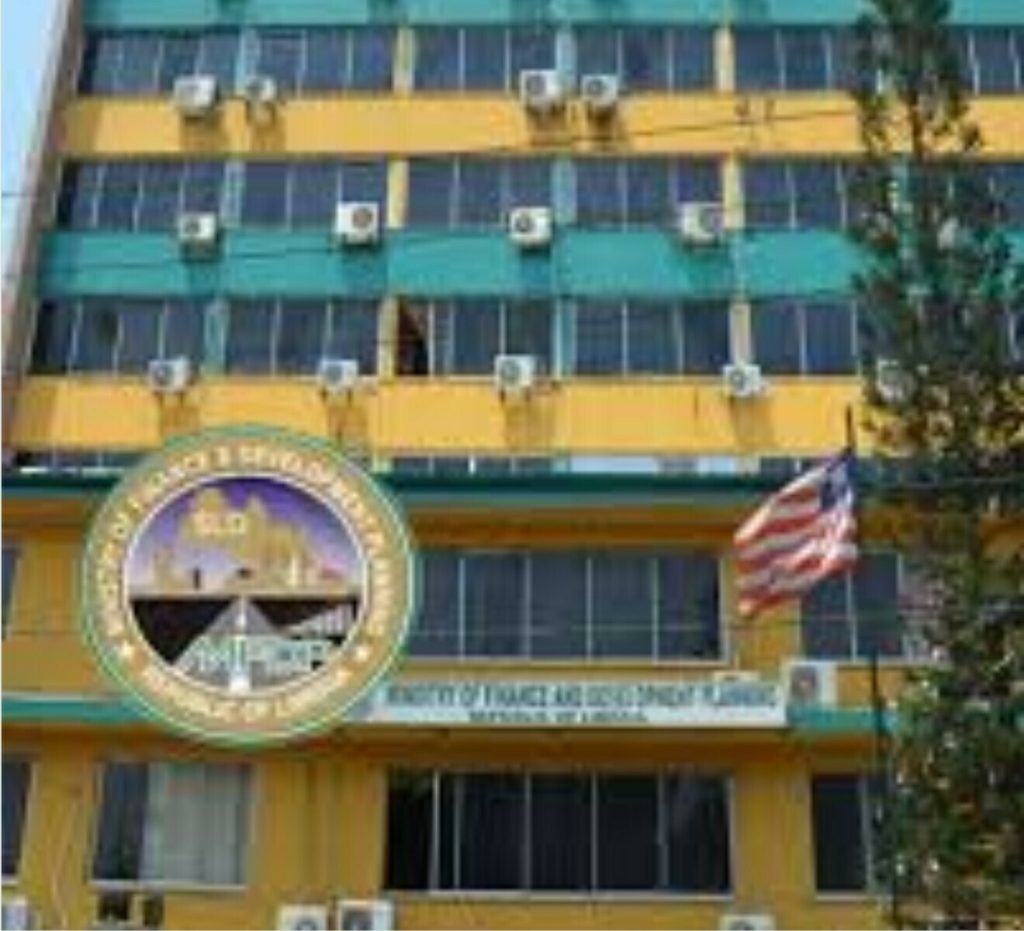The Liberian government, spearheaded by the Ministry of Finance and Development Planning (MFDP), formally initiated the budget preparation process for the 2026 fiscal year. This crucial undertaking, involving various government ministries, agencies, and commissions, commenced on July 15, 2025, at the Ellen Johnson Sirleaf Ministerial Complex. The launch signifies not merely a procedural exercise but a pivotal moment in translating Liberia’s national vision for inclusive development into concrete, resource-backed actions. The overarching goal is to ensure the efficient, transparent, and targeted allocation of public funds, aligning with the aspirations of the Liberian people.
Deputy Finance Minister for Budget, Tanneh G. Brunson, emphasized the significance of the process, highlighting the need to address ongoing reforms, consolidate fiscal resources, and tackle long-standing developmental hurdles alongside emerging challenges like climate change and global economic instability. The budget preparation will be guided by the direct agenda for inclusive development, which prioritizes sectors such as agriculture, infrastructure (particularly roads), upholding the rule of law, education, sanitation, and tourism. These focal areas reflect the government’s commitment to poverty reduction, promoting equitable opportunities, and improving the overall quality of life for all Liberians.
The FY 2026 budget is envisioned as a critical financial instrument to accelerate the realization of these developmental priorities. Recognizing the constraints of a tight fiscal environment, increasing demands for public services, and the imperative for transformative outcomes, the budget preparation process will prioritize result-driven budgeting and enhanced stakeholder engagement. This approach emphasizes baseline budgeting and medium-term planning, ensuring that resource allocations are grounded in actual needs and aligned with sector-specific strategies. Cost realism and prioritization, particularly for flagship projects in key sectors like agriculture, road infrastructure, education, and health, are also key considerations.
Minister Ngafuan lauded the participation of heads of government entities, emphasizing the importance of inter-agency coordination and synchronized operations. He reiterated the government’s commitment to passing the budget before the start of the fiscal year, highlighting the achievement of this milestone in the previous year. This commitment underscores the government’s dedication to timely and efficient budgetary processes. He further outlined the government’s intention to adhere to all legal deadlines, aiming to present the budget to the legislature by October 31st. This proactive approach aims to avoid delays and ensure the timely implementation of the budget.
Minister Ngafuan also reflected on the fiscal performance of the previous year. Despite initial revenue shortfalls in the first and second quarters, the government’s efforts led to exceeding revenue projections by the year’s end, resulting in a slight budget surplus. He acknowledged the collective contribution of various stakeholders, including the Liberia Revenue Authority, in achieving this positive outcome. The minister further revealed that domestic revenue collection reached nearly US$700 million, significantly contributing to the overall fiscal performance. While the previous year’s budget stood at approximately US$738 million, the current year’s budget increased to US$818.7 million.
Looking ahead, the government aims to further increase the budget to US$1 billion in the upcoming fiscal year. However, Minister Ngafuan cautioned that even with this increased budget, resource scarcity would persist, and some entities might still feel inadequately funded to execute their plans. He acknowledged the positive implications of such concerns, viewing them as a reflection of ambition and the desire to achieve more. While striving to accommodate these ambitions, he emphasized the importance of efficient resource utilization, highlighting that the budget is not solely about the amount allocated but also about how effectively those funds are used. The budget preparation launch included a presentation on the prevailing macroeconomic outlook and assumptions underpinning the FY2026 budget, including strategies for resource mobilization through tax policy and revenue projections for the upcoming fiscal year.














